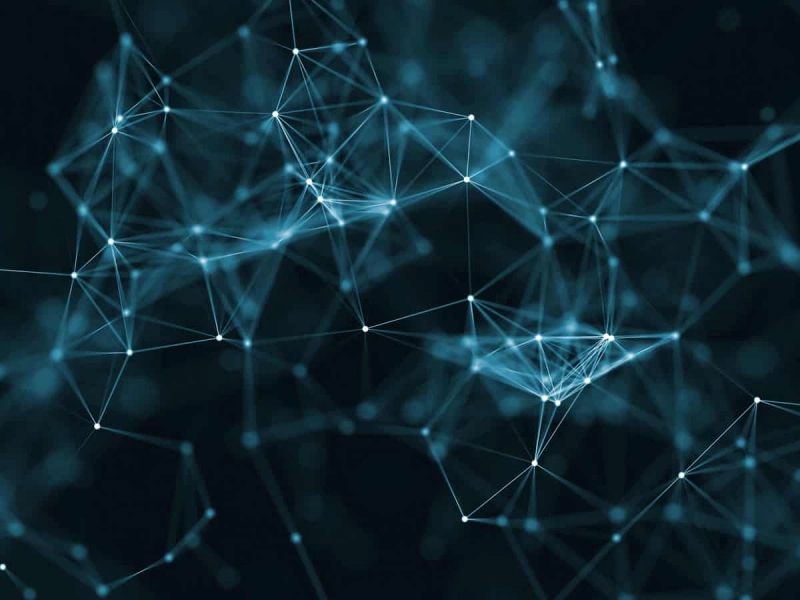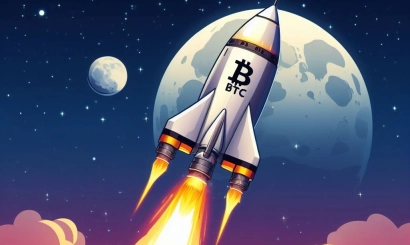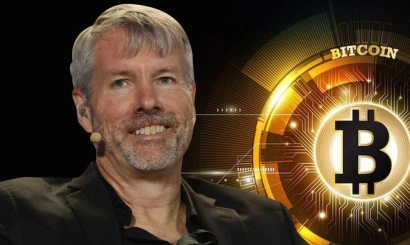Nodes are like a neural system of a blockchain. They transfer all the data, all the blockchain information vital for its function. If you are a node operator, you get to store your own copy of a blockchain, where you can send and verify transactions. Look at it this way. A set of nodes is a decentralized server of a blockchain each of which stores a copy of it. They are all equal in power when it comes to voting on the blochain.
The other thing you can do as a node operator is to have your node set as your own wallet. That means that all of your transactions across all networks will be stored on the node. But by doing so it would require a larger storage space.
It is not required to have a node in order to have access to these apps. Each of them have their own set of nodes which makes it possible. But sometimes it is better to interact straight with a blockchain without using their app or their website.
In the case of ETH, the blockchain is being run by 3 different kinds of nodes: full, light and archive nodes. Full nodes are responsible for storing the entire blockchain and providing validation and synchronization. Light nodes are responsible for the most frequently used kinds of transactions. Mostly used for wallets. Archive nodes are pretty much just banks of information: they are used solely to archive information.
NBMiner 42.2 Download
Version: v42.2
License: free
OS: Windows






